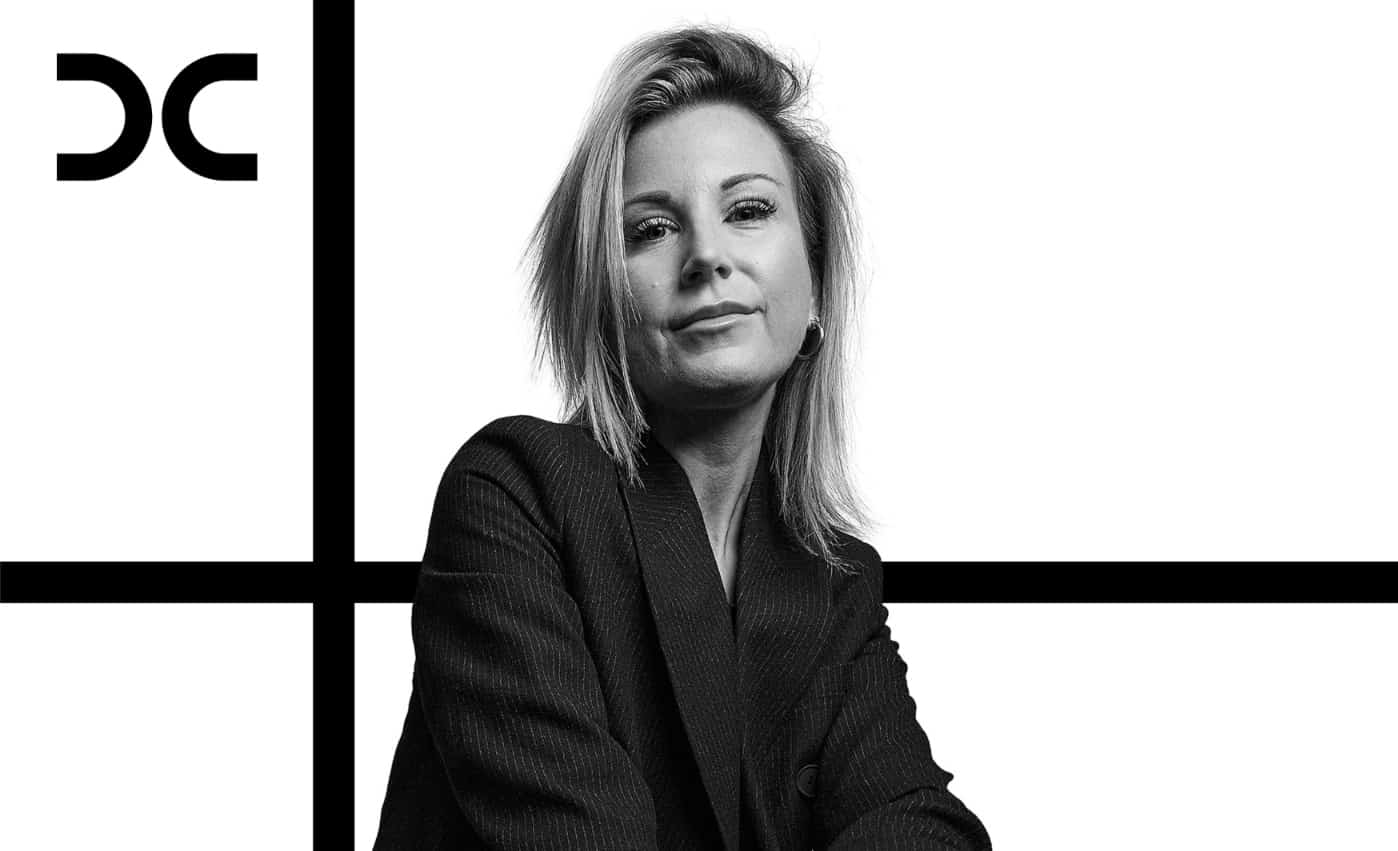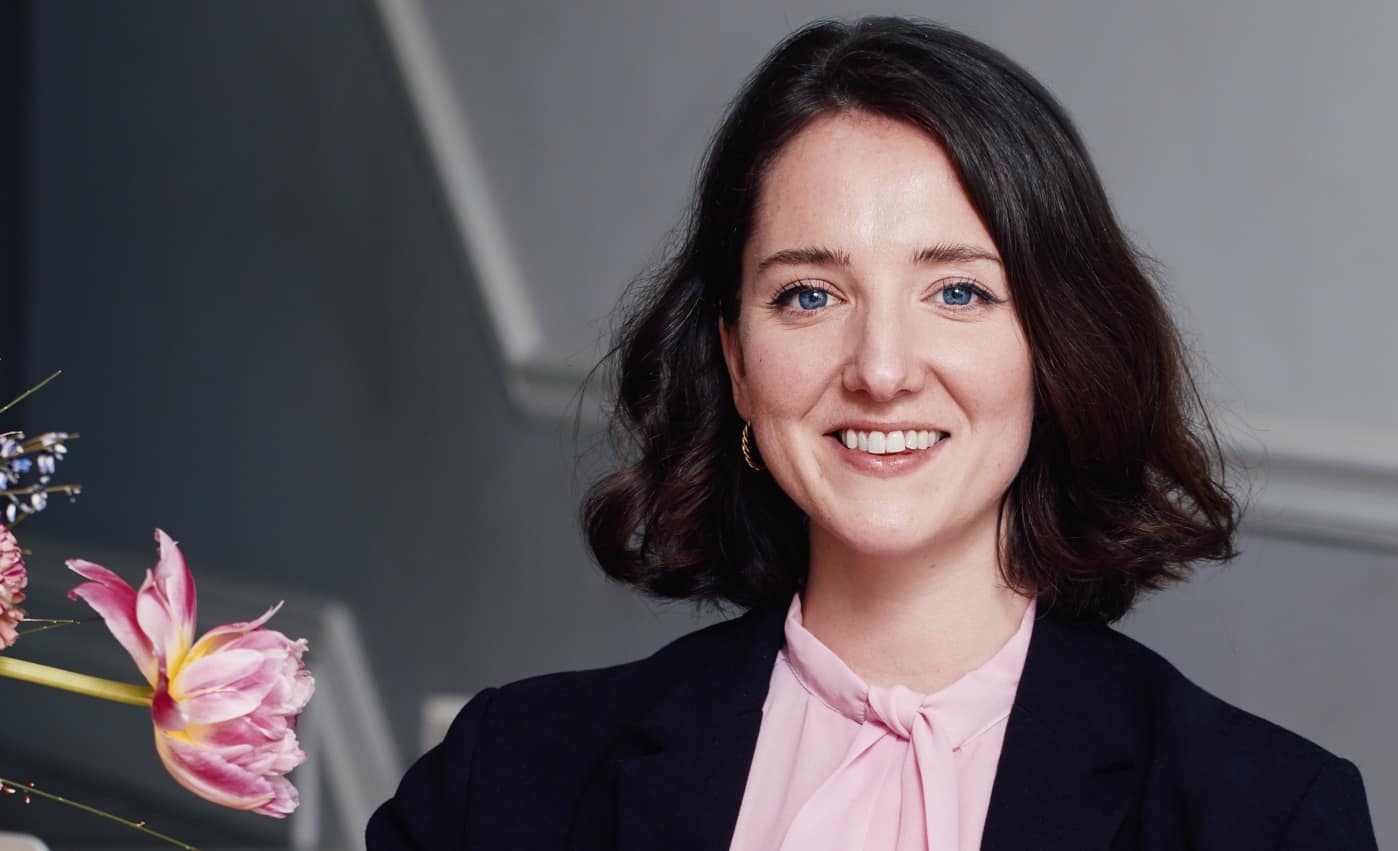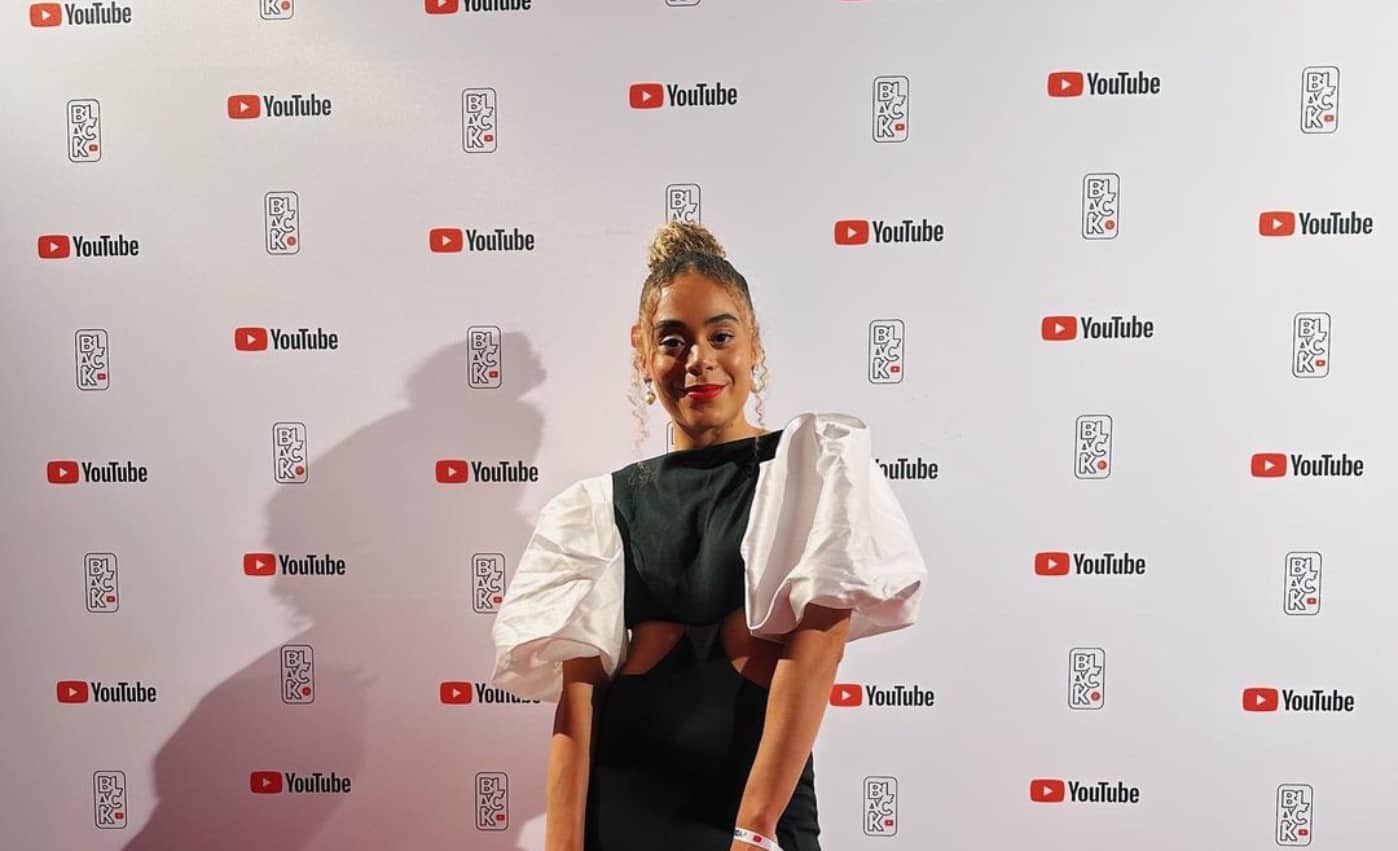In all my years as a journalist, one of the few people I failed to pin down is the founder of Gleam Futures, Dominic Smales. This was a new experience. I’d interrogated Alastair Campbell. Persuaded George Clooney to have a chat. Got Samira Mighty to be on a CORQ panel about Love Island 48 hours after she left the show. Yet Smales eluded me.
Dozens of emails and phone calls led to nothing when I was chasing his story for my book about influencers in 2019. The idea that I could deliver a solid account of the industry’s origins without speaking to him seemed implausible. After all, Gleam built it. They wrote the rules and set the tone.
This has been turning over in my mind since Friday, when Gleam’s owner Dentsu confirmed it was closing the agency’s talent management arm. Everyone knew it was coming, yet it was shocking.
It’s easy to say Gleam lost its power years ago. The talent that made its name – ironically because it made their names – was long gone. Multiple agencies sprang up in its likeness. It created the playing field and now it was surrounded by competitors.
You may also like
But for a decade – the whole of the 2010s – no other business in the influencer industry had Gleam’s authority. While mainstream media dismissed digital creators as people making videos in their bedrooms, its team was building commercial models that would change entertainment forever. Zoe Sugg, Alfie Deyes, Tanya Burr, Jim Chapman and Marcus Butler – to name just a few – flourished as “The Brit Crew”.
Gleam’s understanding that digital creators are simultaneously very powerful yet vulnerable to exploitation gave the business a distinct purpose. It focused on developing intellectual property and securing legacy. As a result, its original roster accumulated wealth through creativity, distribution, multiple revenue streams and equity in everything they touched.
Brands chased Gleam talent and Gleam charged a fortune, because why not? It was never just about brand deals, it was about empire building. #Ads were the cherry on top, not the primary purpose. I remember sitting with a brand lead in 2019 after one of Gleam’s talent managers had quoted almost £20,000 for a creator to attend an event in New York. While we were discussing, her phone buzzed.
“It’s them again,” she said. The talent manager had forgotten to mention that they and the creator had to fly business. We burst out laughing. Wasn’t all of this absurd? In the end, Gleam got the money and business class too.
And as for my pursuit of Smales? I finally met him in 2022 at the Influencer Marketing Show. I told him I’d been chasing him for years and to his credit, he didn’t run a mile. What was it like back then? I asked. At the start, when it was really beginning to happen?
“You can’t imagine it,” he replied. It’s hard to believe that at one point none of this existed, but whoever leads the next era of talent management will take these principles of legacy, equity and IP even further. Gleam broke ground and built the foundation – the question is, who will define where it all goes next?
By Sara McCorquodale, founder and CEO of CORQ. Picture credit: Zoe Sugg via YouTube.










